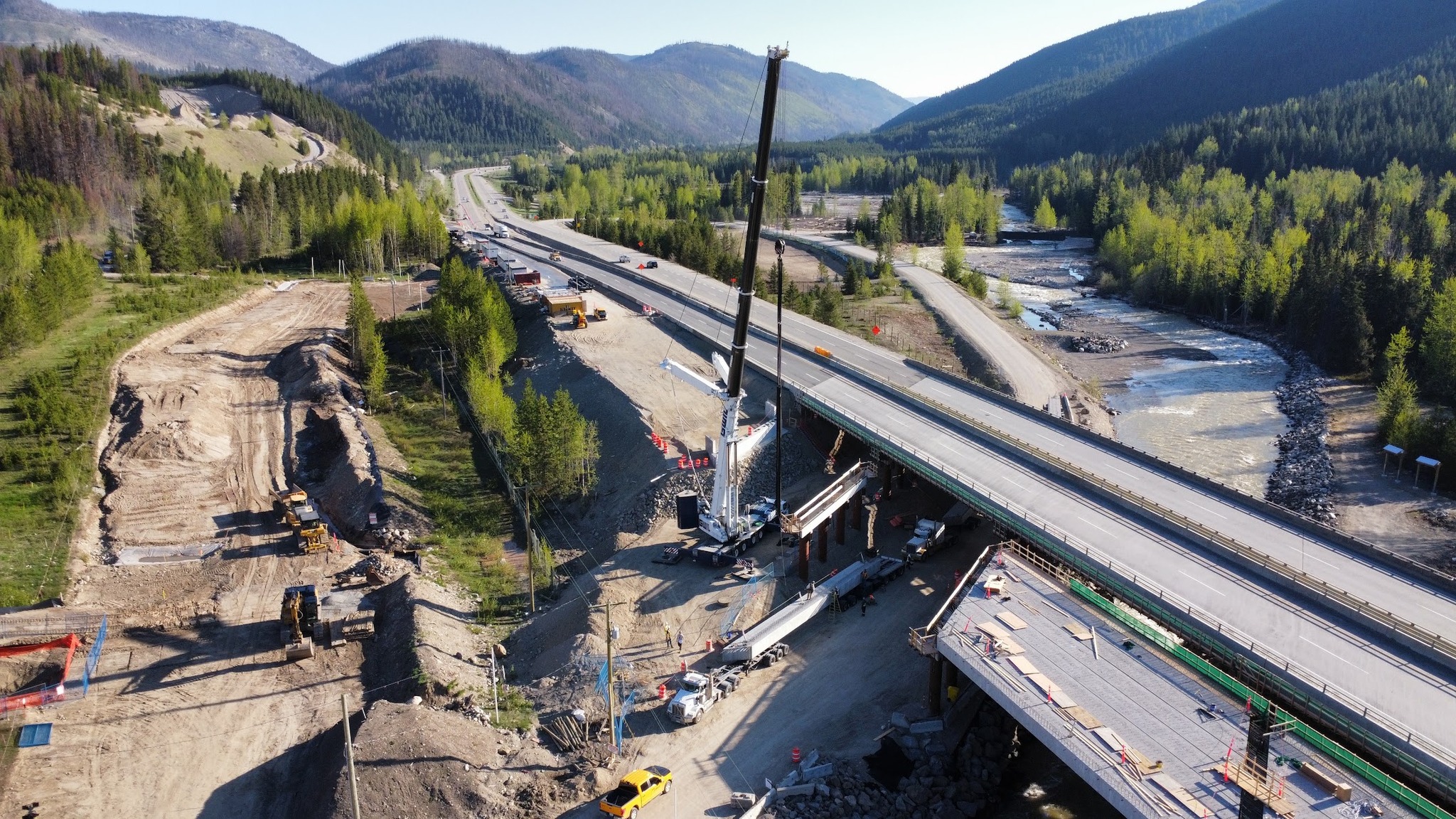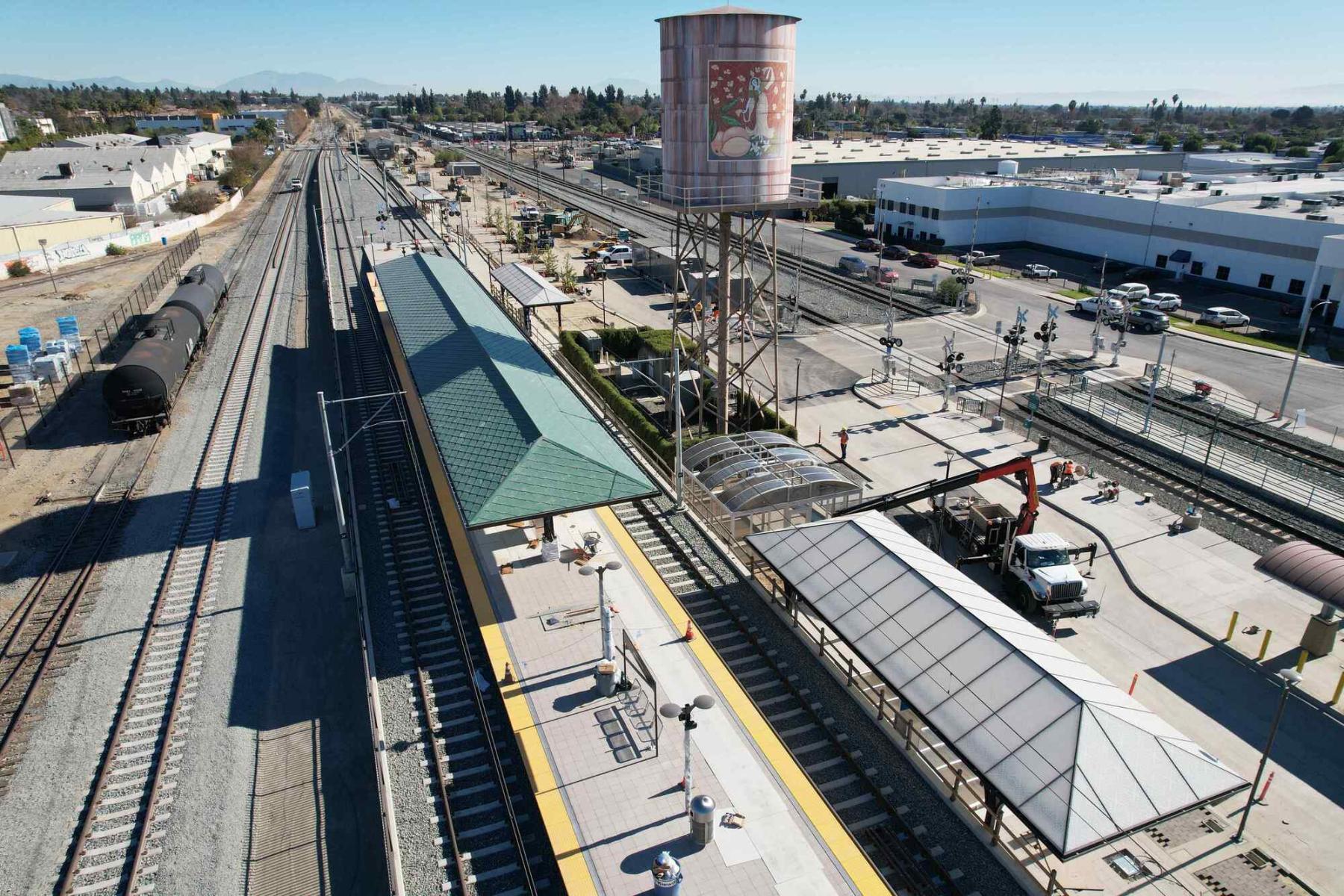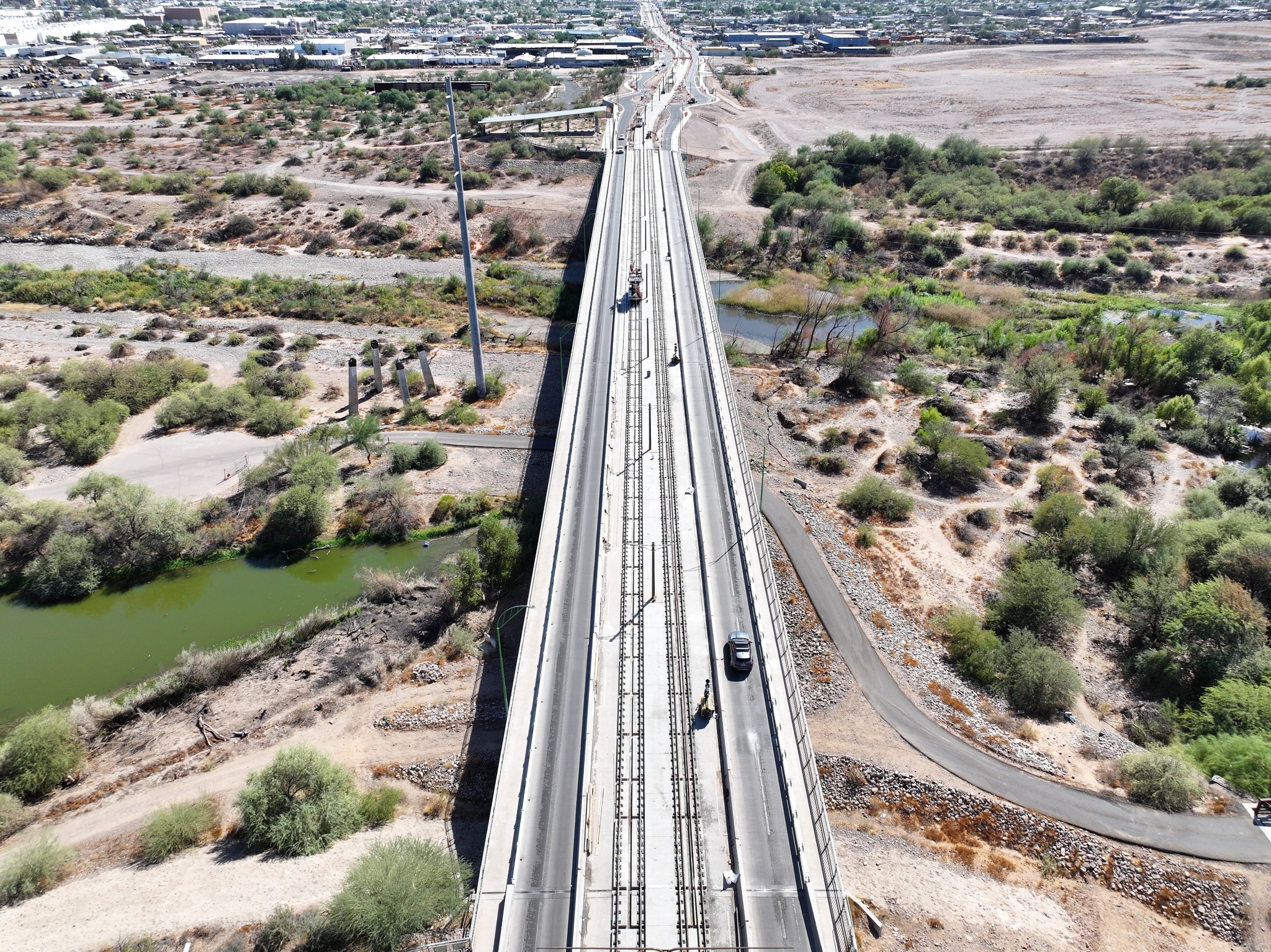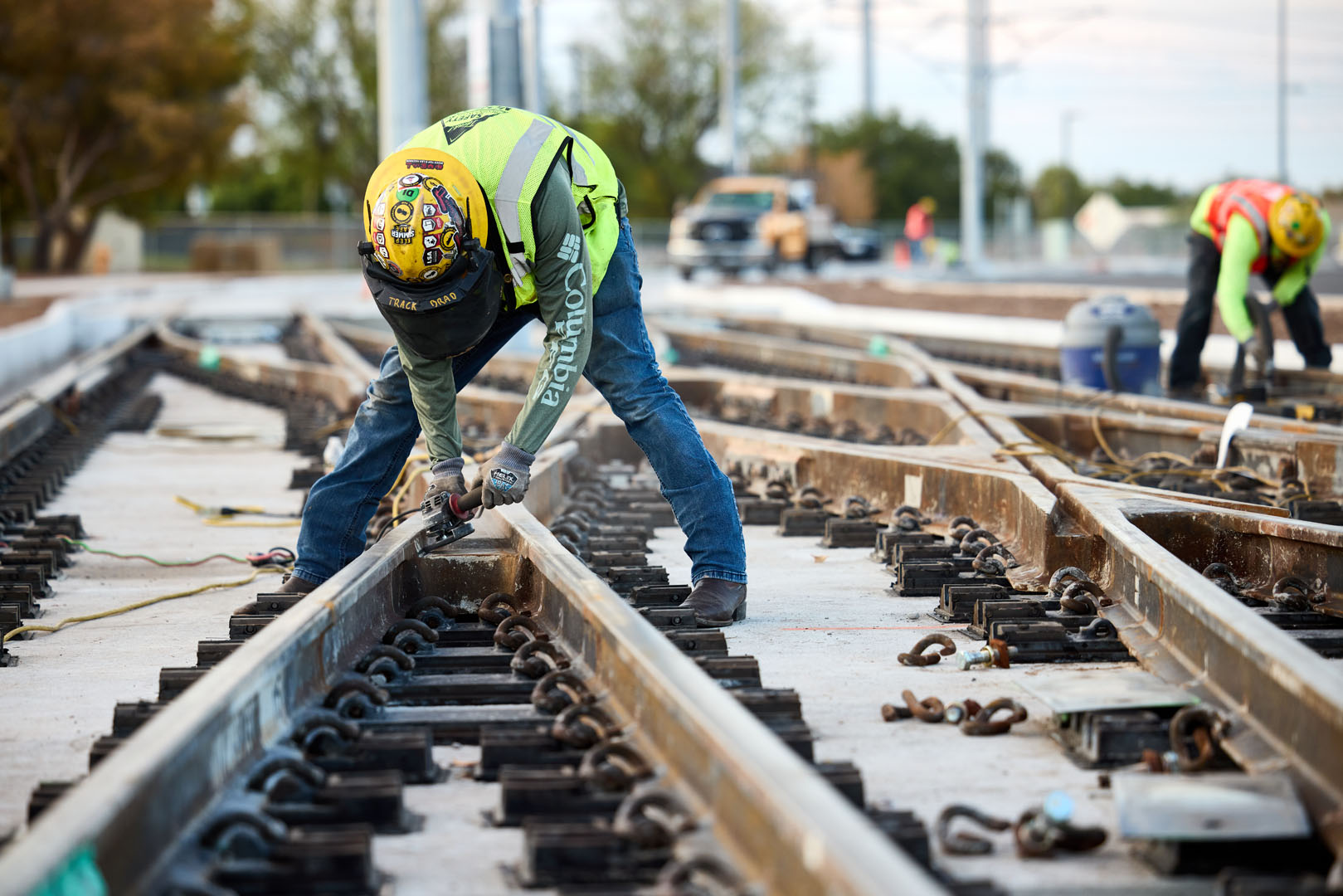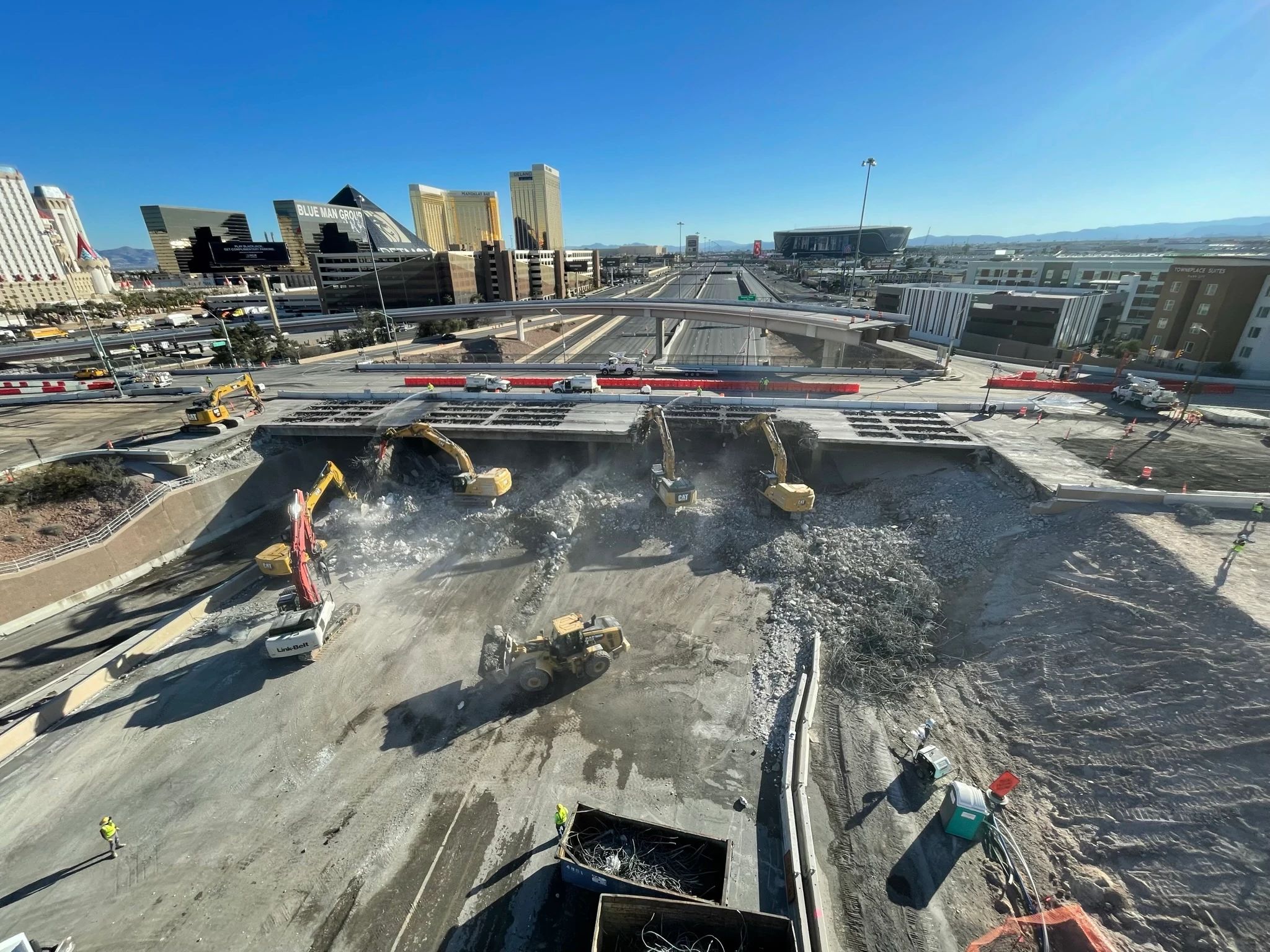Transportation Solutions That Move Us Forward
Safe, reliable transportation networks are the lifelines that connect our communities. As infrastructure challenges become larger and more complex, having a trusted partner that understands the entire project lifecycle is essential to minimizing risks, optimizing costs and safely delivering projects on time.
By integrating in-house engineering expertise with self-perform construction capabilities, Kiewit continues to set the standard for what’s possible in transportation.

#1
Transportation Contractor, 2025 ENR National Contractor Rankings

Delivering Project Certainty
From the smallest jobs to multi-billion-dollar projects, we’re dedicated to ensuring clients receive the highest quality service they expect and the certainty they deserve — all backed by 140 years of self-perform construction experience, in-house engineering expertise and a proven ability to manage some of North America’s most complex design-build and alternative delivery projects.
Our Transportation Markets
As the top-ranked transportation contractor in North America, Kiewit has been the force behind some of the most ambitious and technically demanding transportation infrastructure projects of all types across the U.S. and Canada. Learn more about the transportation markets we serve:
Design With the End in Mind
Kiewit’s construction-focused engineering approach is purpose-built to reduce the risk of schedule delays and design-driven cost overruns that can impact large-scale transportation projects. Our engineering teams integrate seamlessly with construction across the full project lifecycle to ensure designs are grounded in constructability — resulting in the safest-to-construct, simplest and most cost-effective solutions for transportation projects of all types, from transit systems to complex interchanges.
Transportation Engineering & Design Disciplines

Geotechnical
Kiewit’s geotechnical engineers combine consulting expertise with hands-on construction experience to solve complex subsurface challenges. We provide design and analysis for foundations, ground improvements, retaining walls, seismic mitigation, soft ground treatment and instrumentation monitoring systems. Our team collaborates with local geotechnical partners to leverage in-depth soil knowledge and access to exploration tools and testing labs — ensuring reliable, cost-effective and constructible solutions tailored to each project site.
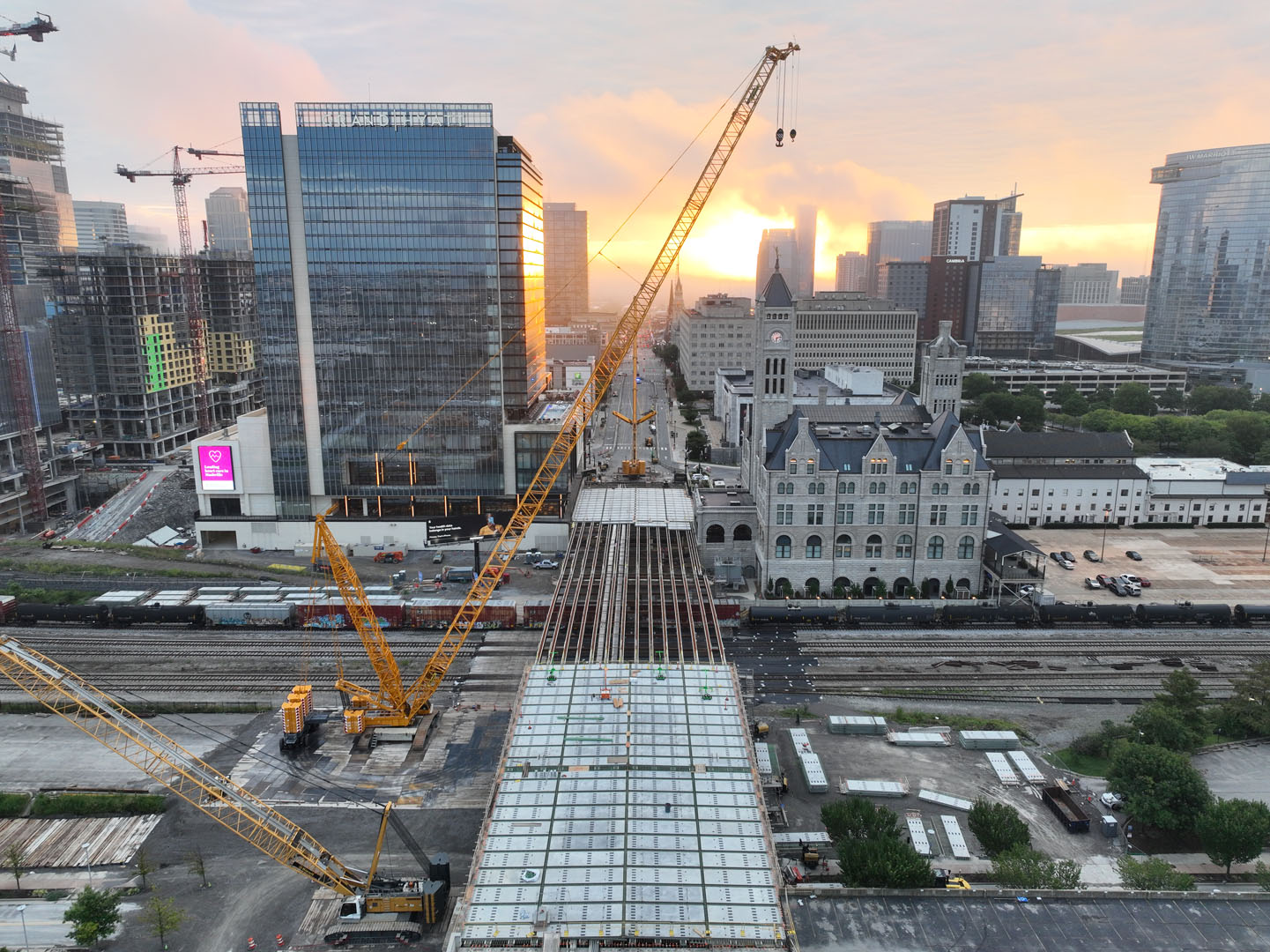
Civil and Roadway
Technical compliance, roadway safety, constructability and cost-efficiency are the core drivers of Kiewit’s civil engineering design services. Our teams specialize in optimizing roadway geometry while balancing maintenance of traffic (MOT) and constructability. Backed by extensive design-build experience, our engineers integrate construction means and methods into every design, ensuring practical, buildable solutions.

Drainage
Kiewit’s drainage and water resources teams bring deep expertise in hydrologic analysis, hydraulic design, temporary drainage and permitting support. Our collaborative design process ensures alignment with all parties and helps identify constraints and opportunities early in the process. Through independent design reviews and value-engineering alternatives, we help reduce quantities, shorten schedules and deliver environmentally sensitive solutions that meet budget and timeline expectations.

Materials
Our materials engineering team specializes in concrete, pavement and asphalt technologies to help deliver longer-lasting, more cost-effective infrastructure. As part of Kiewit’s integrated design-build approach, we support mix design optimization, material selection and field testing. With a focus on innovation and evolving technologies, our experts deliver recommendations that enhance performance, durability and compliance.
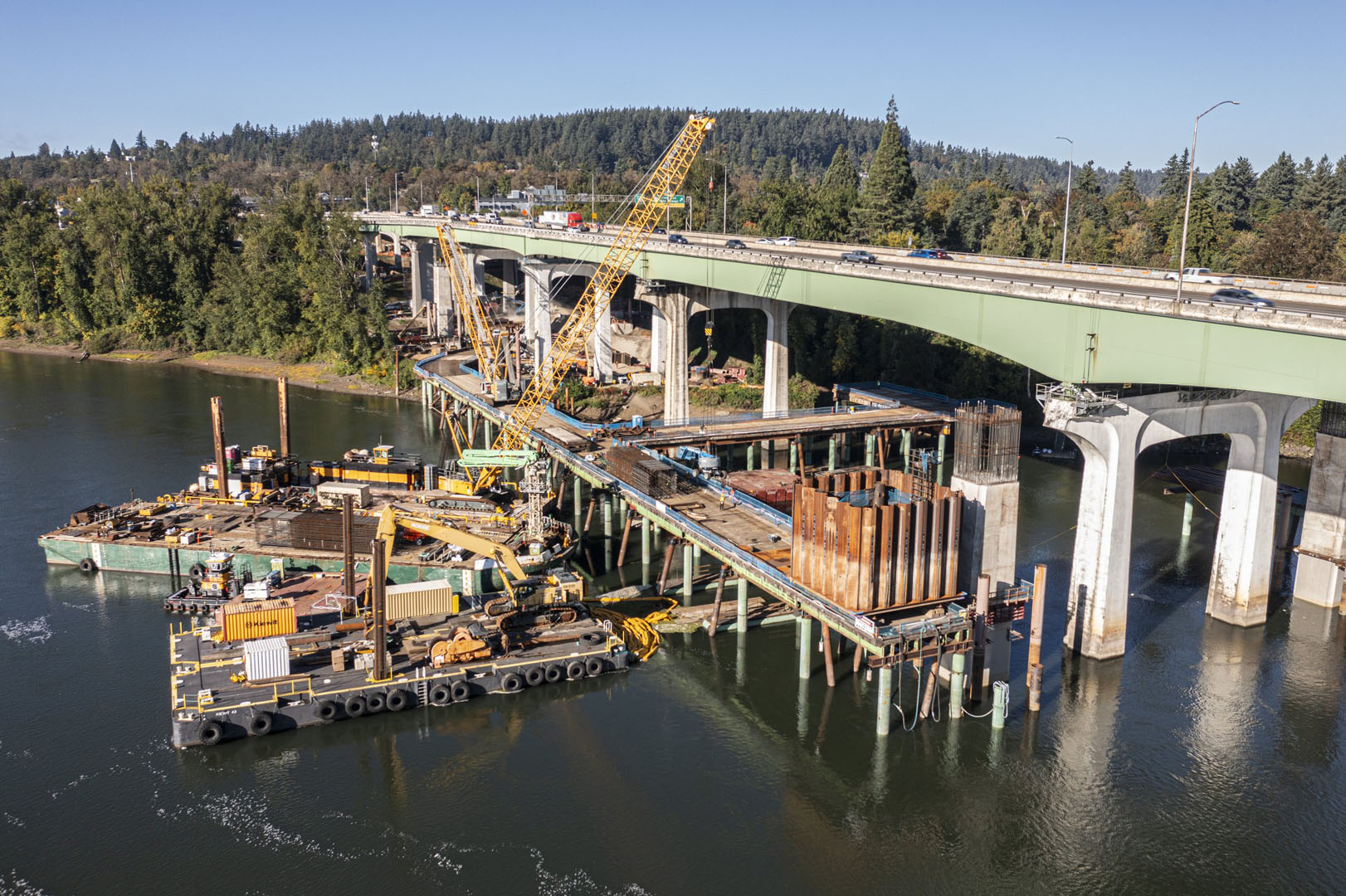
Structures and Bridges
Kiewit’s structural engineers specialize in the design of steel, prestressed and precast concrete girders, segmental and post-tensioned concrete and arch bridges. We bring a global perspective and construction-focused mindset to every project, offering constructability studies, final design plans, calculations and support for construction implementation. Our design concepts prioritize efficiency and constructability, factoring in site-specific conditions, local materials and equipment.
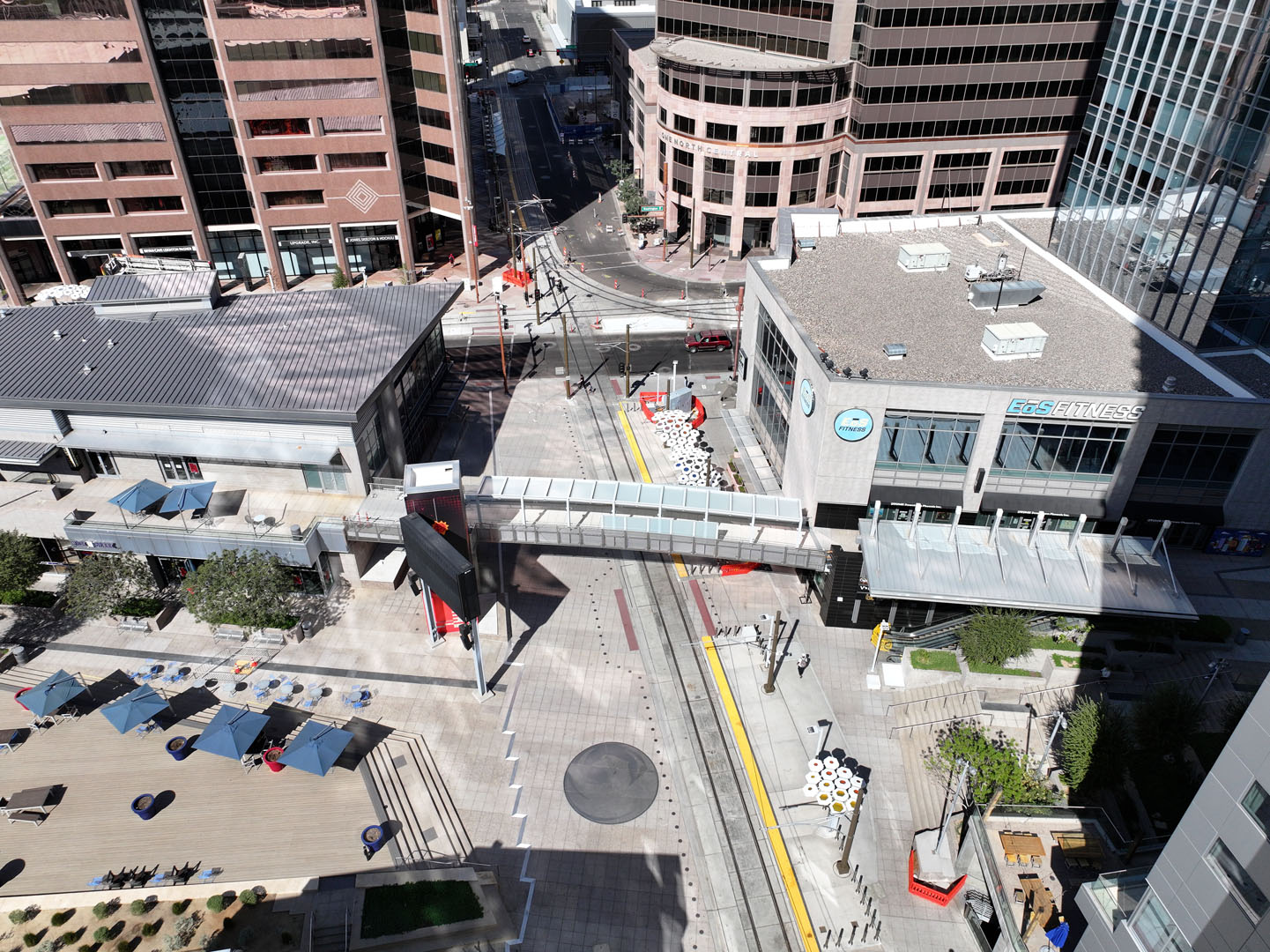
Transit and Rail
Kiewit’s transit and rail teams offer specialized expertise for rail and systems engineering, from track alignment geometry, railbed and substructure design to special trackwork. Systems engineering includes traction power, train control and signaling, communications and systemwide electrical design. We also excel at managing the integration of these systems with civil, structural, mechanical, electrical and architectural elements across the project.

Self-Perform Advantage
Kiewit’s early contractor involvement and ability to self-perform drive greater cost and schedule certainty. As a leader in self-perform construction, we directly manage more critical aspects of the build, which allows us to safely deliver innovative solutions our clients can count on.
Let's Build What's Next
Connect with our team to learn more about how Kiewit’s engineering and construction capabilities can help transform your next project.
